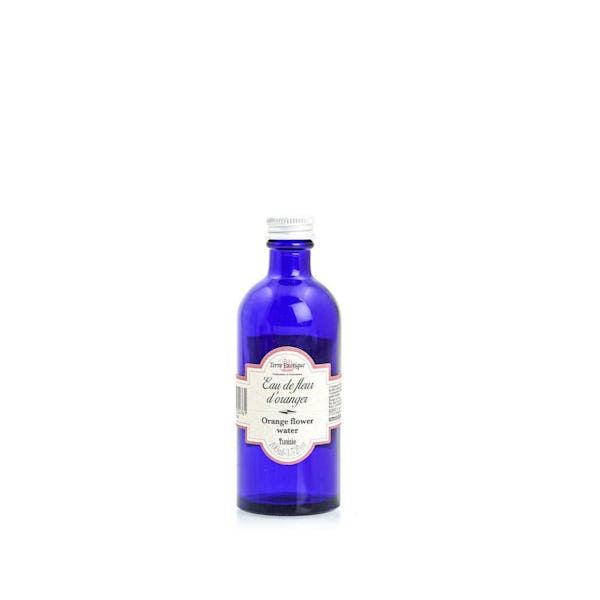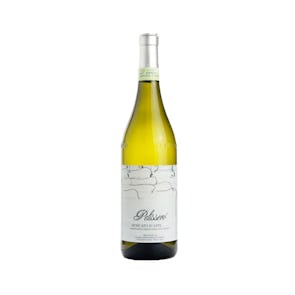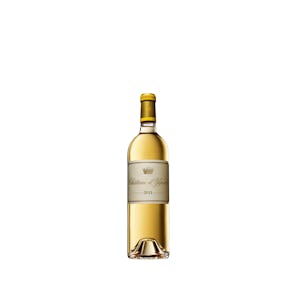
TASTING NOTES FROM THE CURATOR
A little goes a long way with this delicate flavoring distilled from the flowers of the orange trees of Tunisia. The resulting liquid is clear and highly fragrant, reminiscent of rose water but with a more citric profile. It transports you right into an orange grove right after rainfall, when the scent of the fruit lies heavy in the air. The refreshing quality to its taste ends in a very faint, pleasantly bitter aftertaste, just like nipping at an orange peel.
PREPARATION OR PAIRINGS
With its powerful fragrance and refreshing taste, a spoonful in crêpe or fluffy pancake batter will give you a new reason to look forward to your mornings. It seems absolutely made for desserts—from creamy treats like infused ice cream and custards, to panna cotta, rice pudding, white chocolate sauces, and tart fillings. Infuse your brioche with it—or any French patisserie, really. Orange blossom madeleines, anyone?
It’s not just for sweets, though. Use it to enhance orange juice or marmalade or, if you want a new way to enjoy your salad, add it to your vinaigrette. And because this a traditional Moroccan flavor, make yourself some orange blossom infused couscous and you won’t look back. Use it to full effect in any hearty dish full of nuts and sweet spices like cinnamon, cloves, and anise.
THE OBSESSION OF A PRINCESS
This fragrant water took a rather circuitous route into the kitchen. It’s said that in the 1680s, Princess Anne Maria de La Tremoille of Nerola, Italy fell in love with the scent of orange flowers in Tunisia and introduced it to her homeland. The steam-distilled oil itself has been used since Egyptian times for its healthful, spiritual benefits, and the princess had a perfumer distill it to scent her belongings. We now call it “neroli” and the waters from the steam distillation are bottled to make summery pastries and meals.
Storage Instructions
Store in a cool dry place.



